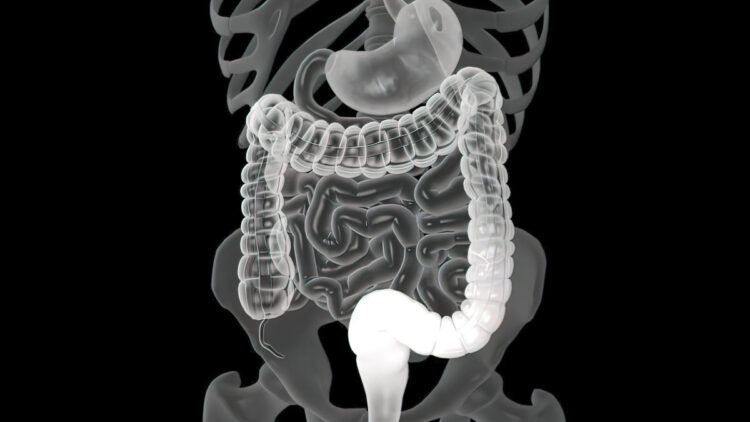Prolonged and unexplained bouts of diarrhea, stomachaches and spots of blood during bowel movements may be signs of early-onset colorectal cancer — a disease that’s increasingly found in young adults not old enough to qualify for colonoscopies.
The most troubling early symptom is rectal bleeding, a possible sign of colon cancer that’s not comfortably discussed beyond the bathroom.
“It can be difficult or embarrassing to talk about,” said Dr. Matthew Kalady, the director of the division of colon and rectal surgery at the Ohio State University Comprehensive Cancer Center. “But the reality is everybody deals with something like this,” and it’s important to understand what’s normal and what’s not, he said.
The new research from Washington University School of Medicine in St. Louis, published Thursday in the Journal of the National Cancer Institute, included 5,075 people with early-onset colorectal cancer.
The goal was to find symptoms that might give early signals of colorectal cancer, a disease that has been surging among younger people in recent years, with an troubling number not being diagnosed until advanced stages. According to the American Cancer Society, the proportion of colorectal cancer cases occurring in people under age 55 doubled from 1995 to 2019, from 11% to 20%.
The new research found four distinct signals up to two years before a colorectal cancer diagnosis:
Participants had at least one of those symptoms that began as early as two years before they were diagnosed.
However, colonoscopies are recommended only at or after age 45. That means people may have symptoms long before they seek doctors’ care or are ever diagnosed with colon cancer — a treatable disease if it’s caught early, experts say.
“We kind of brush these things away as patients,” said an author of the study, Dr. Cassandra Fritz, an assistant professor of medicine in the division of gastroenterology at the Washington University School of Medicine.
Still, “these symptoms should alarm you,” Fritz said. “Go see a doctor to get further evaluation.”
Nearly half of the study participants experienced at least one of those symptoms three months before they were diagnosed. The risk for cancer diagnosis rose as additional symptoms popped up.
The research highlights an “alarming problem” for young adults and the doctors who take care of them, said another author of the study, Yin Cao, an associate professor of surgery in the public health sciences division at Washington University School of Medicine. “We are sending a very clear message that young adults need to be aware of these symptoms,” Cao said.
Symptoms like diarrhea and abdominal pain can be normal and fleeting. Experts said such symptoms lasting more than a week without any known cause warrant a call to the doctor.
“What I tell patients is if you have some diarrhea that resolves quickly, that’s probably nothing to worry about,” Fritz said. “But if you notice that it’s lasting for weeks or a month, that might be something to have a conversation about” with your primary care doctor.
Dr. William Dahut, the chief scientific officer for the American Cancer Society, urges people to pay attention to early symptoms that may indicate problems.
“If there’s something that you feel that’s out of the ordinary, push a little harder for more diagnostic tests,” Dahut said.
Follow NBC HEALTH on Twitter & Facebook.
This article was originally published on NBCNews.com
[ad_2]
Source link







